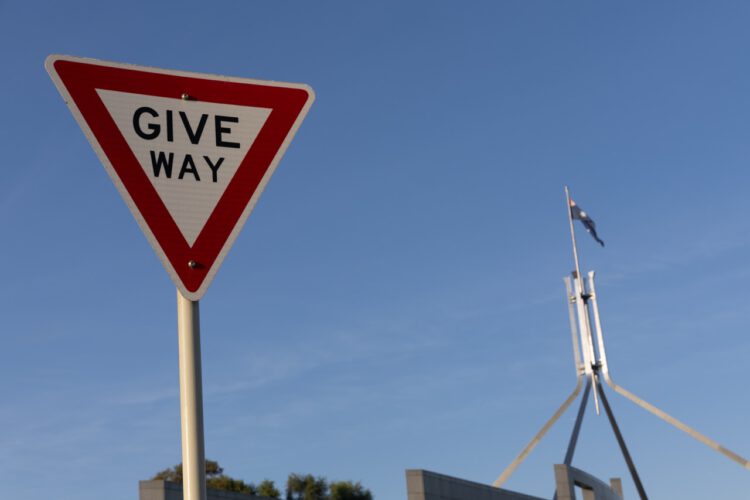Question time begins
The condolence motion ends and the questions begin.
I think as we could all have predicted, the Coalition opens questioning over the social media clip of two Bankstown Hospital nurses which was uploaded by an Israeli content creator.
The creator was on an app which connects you to random people across the globe for conversations. When he tells the two people in the video he is Israeli, they react with disgust and say they would not treat an Isreali person. The pair reference Israel’s military actions in Palestine as the reason for their attitude.
The two nurses have been suspended by NSW Health pending an investigation and as you would expect there has been widespread political condemnation.
But Julian Leeser now asks:
Prime Minister, for the last 15 months, Jewish Australians have been subjected to harassment, doxxing, firebombing, death threats and terror plots. Today, we’ve seen revelations of New South Wales health workers calling for Israeli patients to be refused treatment and claiming to have murdered Israelis under their care. Prime Minister, the Australian Jewish community is living in fear. How did the country get to this point?
Anthony Albanese:
I have seen this anti-Semitic video. It’s driven by hate and it’s disgusting. The comments are vile, the footage is sickening and it is shameful. (Labor caucus; hear hear) Anti-Semitic comments have no place certainly in our health system but no place anywhere else in Australia either. Overwhelmingly, people in our health system, our nurses, our doctors, our orderlies, they go into the health system because they care about their fellow Australians, their fellow humans.
The idea that people would perpetrate the language and hate and bile that is there in this video…they’re talking – I’m not sure of the format, it’s apparently some format where people can talk to each other in different countries – the person they’re talking to is speaking about peace.
And is someone who is being very respectful back in amongst this extraordinary provocation. These individuals – the New South Wales Government has acted, the New South Wales Health Minister. They’ve been stood down by the New South Wales authorities. They’ve rightly been referred to the New South Wales Police for criminal investigation. I’ve had a discussion with the AFP Commissioner, Commissioner Kershaw, about these matters and they have offered whatever assistance is required at this stage. That has not been requested and I make this point – it is very clear to me that these people have commited what are crimes and they should face the full force of the law.
